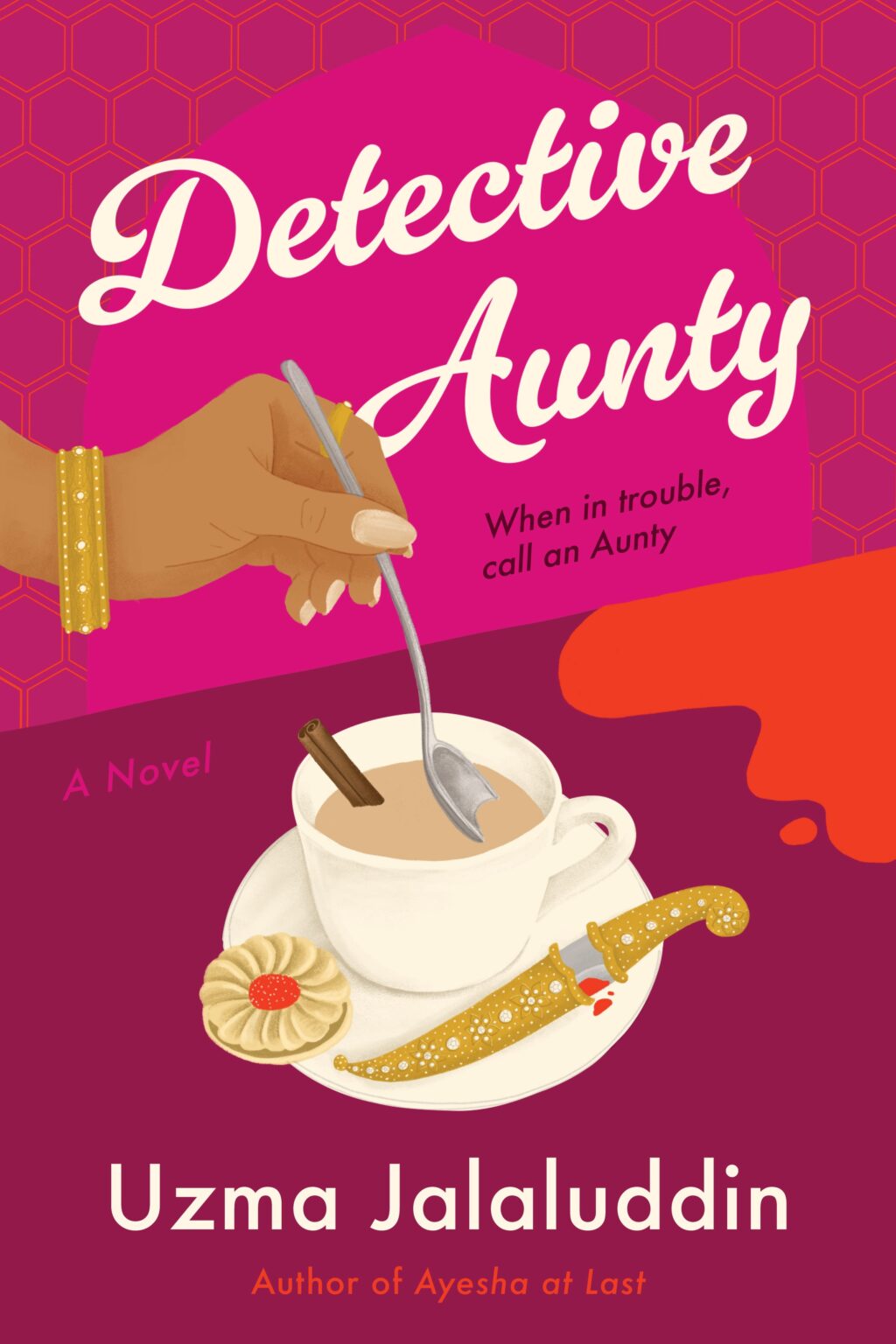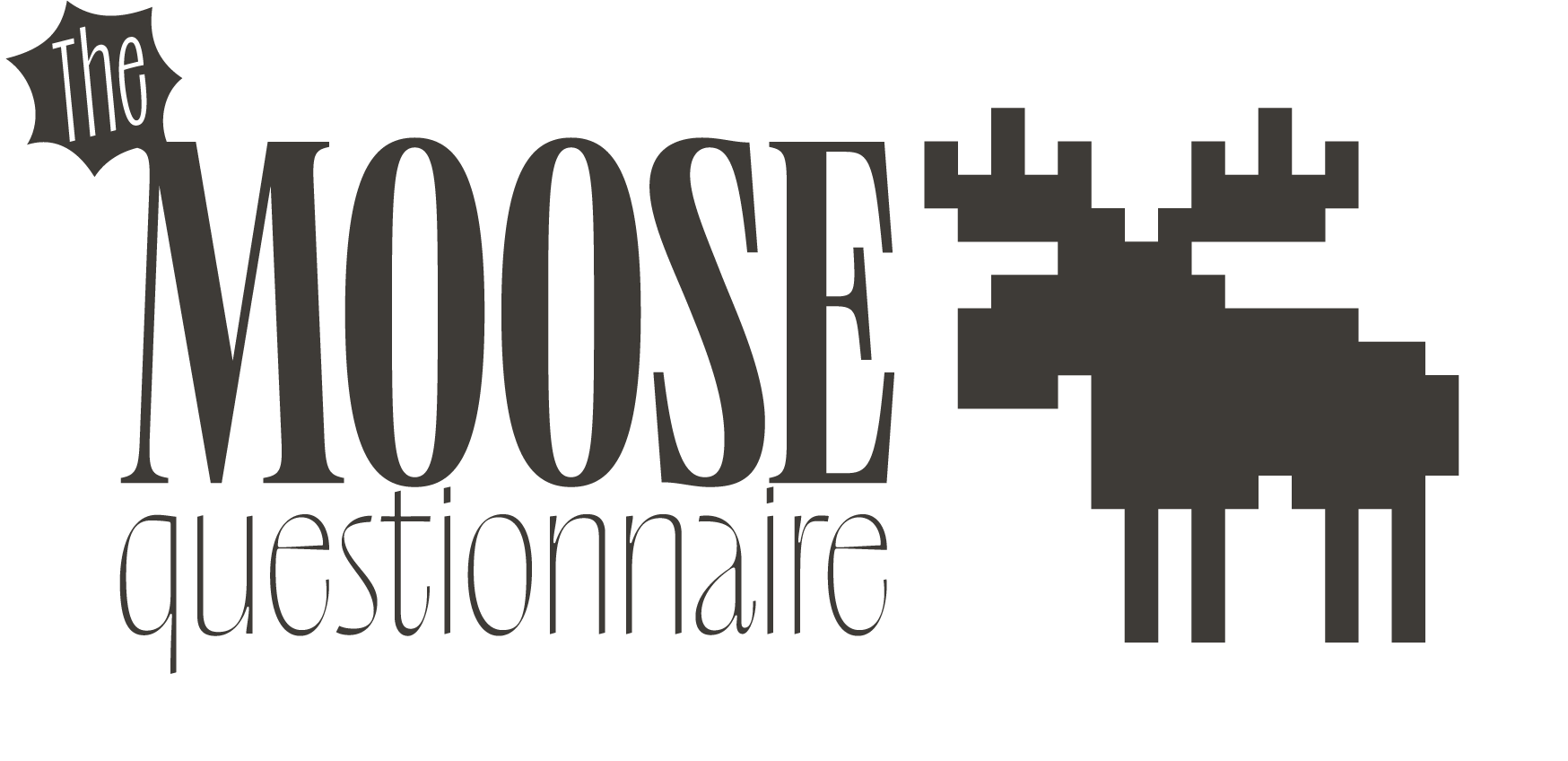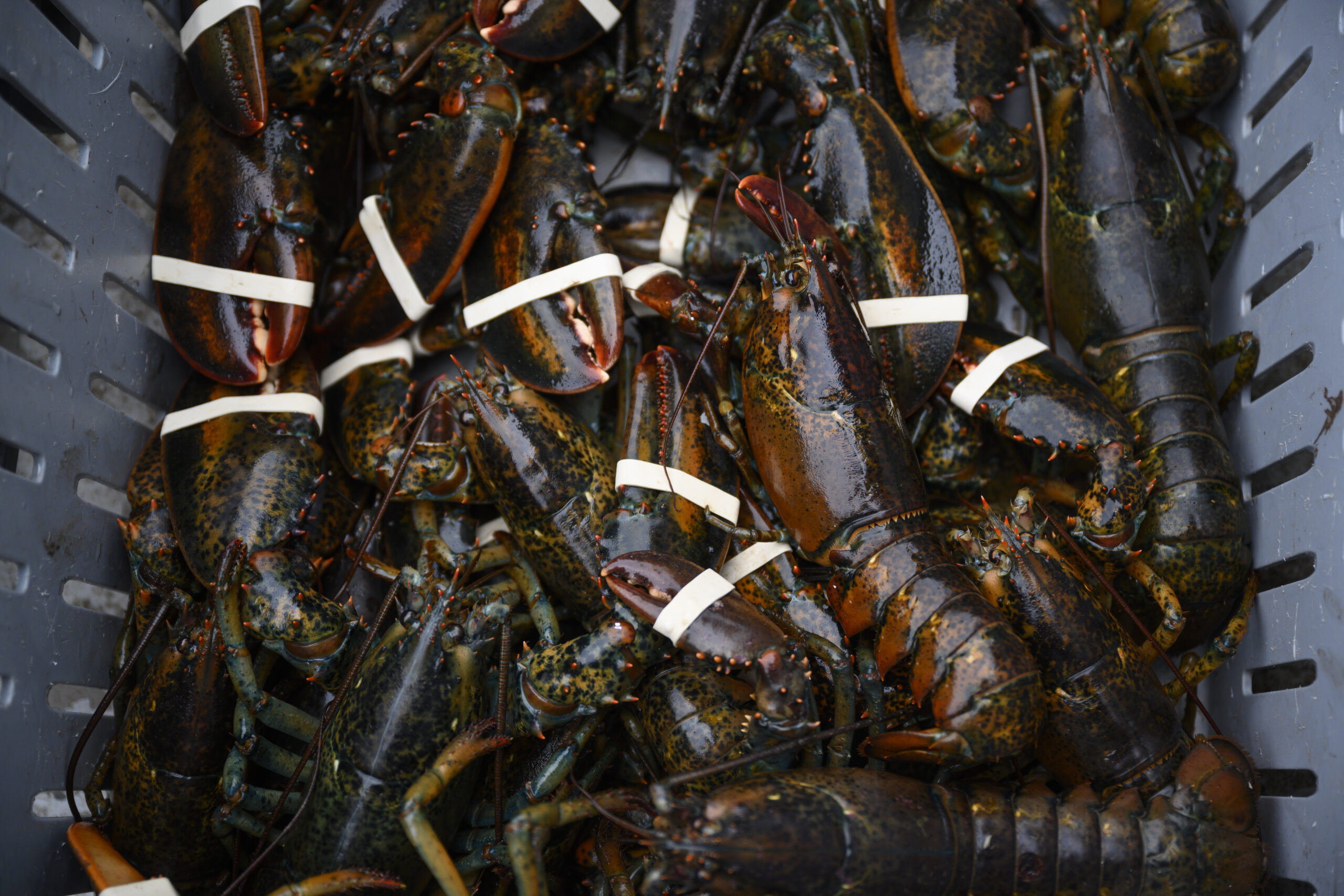
Hope for a huge, ancient and imperilled fish
First Nations are leading efforts to make sure lake sturgeon can find a home in...
Uzma Jalaluddin writes bestselling, award-winning, movie-ready romantic comedies in which Muslim women live out their Jane Austen dreams in the suburbs of Toronto. But her first job — her day job — is teaching high school students English and science.
Fifteen years ago, the Ayesha at Last author taught her first lesson on climate change. Back then, students demanded proof, but over the years, as evidence of the impacts of global warming piled up, the 14-year-olds became less skeptical.
“I remember doing a presentation on the Paris climate accord, and the class got so quiet,” she said. “They were gasps of ‘oh my God.’ It was like they could see the precipice for the first time.”
“I felt awful, but I also felt like I had done my job that day, you know?” she said. “I’m terrified for them. Sometimes it feels like I’m teaching them how to scramble their way back from the brink.”


Jalaluddin’s bestselling books — including Hana Khan Carries On, which is being adapted for the big screen — subvert Muslim stereotypes, presenting her characters as complicated figures who search for love, joy and adventure like everyone else. In the same way, her teaching aims to complicate people’s understanding of the world around them. She understands climate science and can rattle off detailed explanations for carbon sinks and forest fires without hesitation, and wants others to as well.
She’s especially concerned with those in racialized communities who are increasingly impacted by the impacts of climate change in Canada and across the world. Recently, her husband’s family home in Kerala, a coastal state in India, saw extensive damage due to record-breaking floods. “We had to help them fix it,” Jalaluddin said. “Our connection to climate change is getting more pronounced because of what our families are facing back home.”
Like all of us, Jalaluddin sometimes feels hope, sometimes despair. It depends on whether it’s a day she’s taught about climate change or one during which she’s written about love or something funny. Her latest novel, Detective Aunty, is coming out in May. It’s her first cozy mystery, and follows a South Asian widow in her late 50s living in North Bay, Ont. One day, her daughter in Toronto calls her: she’s been arrested for murder. The rest, you can guess.
For Valentine’s Day, we asked Jalaluddin to take our Moose Questionnaire, which highlights a person’s connection to the natural world. This interview has been condensed for length and clarity — opinions are the subject’s own.

Over 10 years ago, I was lucky enough to visit the Bay of Fundy, and it was honestly jaw-dropping. We went down the shore and we walked around and got our feet all muddy. My eldest son was two years old at the time, so we had to pick him up so he wouldn’t sink into the sand.
A couple of years ago, I visited Jasper National Park for the very first time, and I feel so fortunate that my family and I got to go before the horrible forest fires, which, of course are increasing as a direct result of climate change. Honestly, I don’t think I’ve ever seen anything that beautiful in my life. It was almost like a spiritual experience.
The Grand Canyon and the Blue Mountains in Australia, which is like the Grand Canyon but greener. Oh, Mount Batur, an active volcano in Bali. My husband thought it would be a good idea to do a three-hour hike in the dark and see the sunrise from the top. It was really a beautiful, unforgettable sight.
Okay this is really weird, you know that right? I’m a romance writer, trust me, I know all about chemistry, but I don’t feel chemistry for animals. I’m sorry, I just don’t.
But for the sake of The Narwhal, let’s kill wasps. They’re so annoying. Longer nesting seasons mean we have more annoying wasps in the fall, so I’d definitely kill them — although I’m actually afraid of them so I’d probably just run away.
I think polar bears are cool and I like the idea of a big bear protecting me. So I would marry a polar bear.
And I really like seafood, so I’m going to kiss a lobster. I feel like they don’t get enough love because everyone just wants to rip off their carapaces and dive into the squishy, delicious middle. Someone needs to kiss the lobster and I’m willing to make that sacrifice as long as I can eat it afterwards.

The obvious answer is that women are just more nurturing; we give birth so we care about climate change. But I actually don’t think that’s it. A lot of climate conversations are bound up in ideas of capitalism and industry, and I wonder if this statistic has something to do more with women’s participation, or lack thereof, in capitalism to the same extent as men because of long-standing misogyny and sexism.
So I don’t really subscribe to the idea that women are naturally more nurturing or worry about their children more than men do. It all just comes down to patriarchy and economics. As someone who has been made to feel an outsider for a lot of my life — I’m a woman of colour, a visible Muslim woman — I think what it comes down to is women having a different perspective on what’s actually happening, and connecting the dots in a way that men who have traditionally benefitted from the systems of capitalism that have caused climate change don’t.
Billionaires.
I know that’s an easy answer, but I think about, for instance, how much I love taking baths. And I always feel bad because it’s such a waste of water. But then I think about the fast fashion industry and these big industrial corporations that use up millions of gallons of fresh water every day. And I think, ‘why am I feeling bad about taking a bath and these companies don’t even think about it?’ It all comes down to capitalism and the way the world works.
So my answer is Harry and Meghan’s escape, because I’m not a football fan, but I do like television. I just don’t want to be stuck with someone who might talk about football because I will just feel dumb. I’d rather talk about television, making TV, being part of it … I’m curious, as a writer, what that world is like.
I don’t like bugs, so no. A lot of [immigrant] parents reject the idea: “We escaped or we left India/Pakistan for this? Why would we pay to go camping and live outside?”
But then again, a lot of meet cutes happen in nature …
Enjoying the Moose Questionnaire? Read more from the series here. We’re going to ask as many artists, athletes, politicians and cultural personalities as we can to answer it, so let us know if you have suggestions.
Get the inside scoop on The Narwhal’s environment and climate reporting by signing up for our free newsletter. Angello Johnson’s shoulders burn, and his arms...
Continue reading
First Nations are leading efforts to make sure lake sturgeon can find a home in...

We’re excited to share that an investigation by The Narwhal is a finalist for the...

A new documentary, Nechako: It Will Be a Big River Again, dives into how two...
